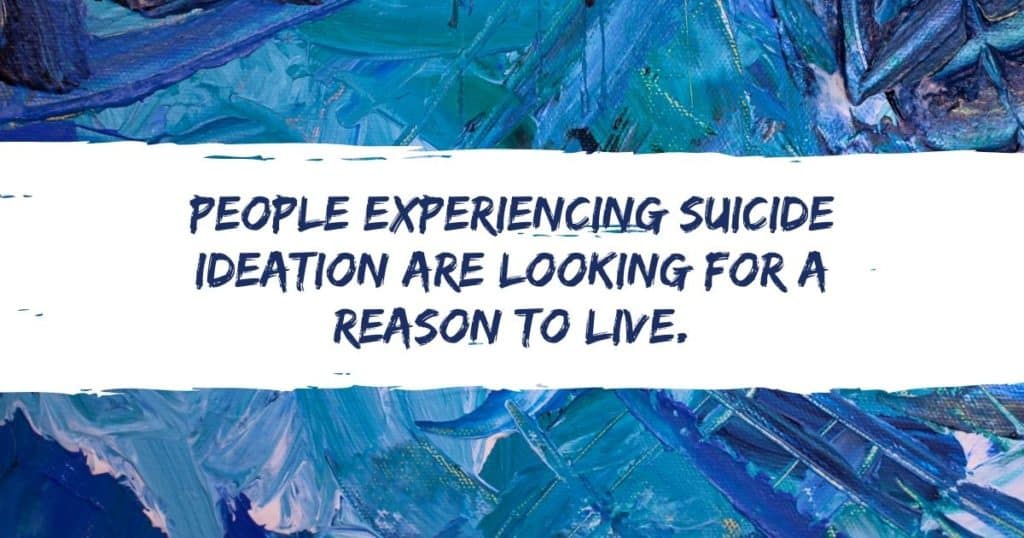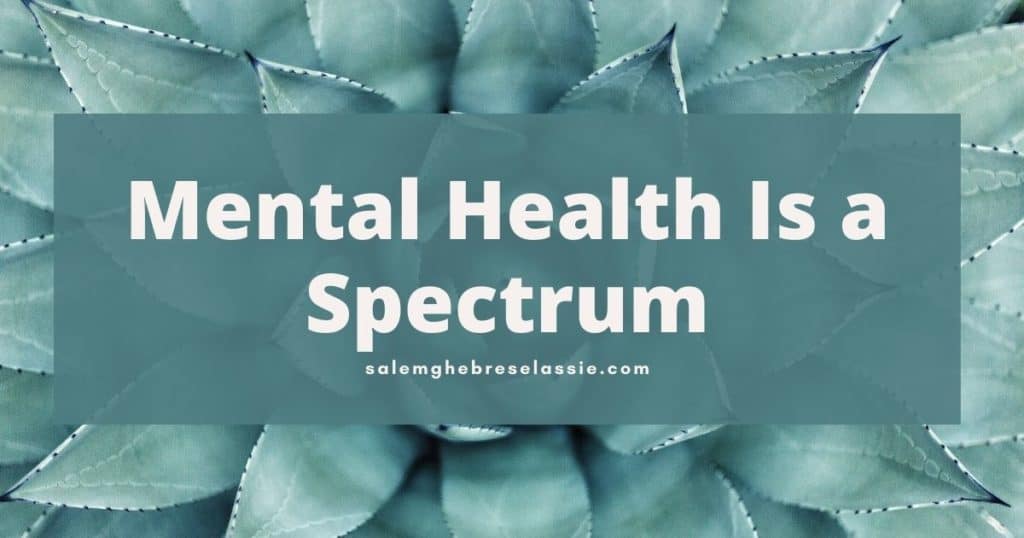In a previous blog, I wrote about the terms we use to talk about mental health and mental health concerns, if you didn’t get a chance to read about it click here to read here. Remember, everyone has mental health, but not everyone will have a mental illness. Another important fact is that mental health and mental illness affect everyone regardless of skin color, gender, culture, educational background, socio-economic status so on, and so forth. In Canada for example, there are more than 6.7 million people (20%) living with mental illness. Of these, more than one million are children and adolescents ages between ages nine and nineteen (Mental Health Commission of Canada, 2012). It is safe to say that this number has since been on the rise.
When does Mental Illness start in an individual?
Research has shown that the onset of mental illness tends in most cases to occur during adolescence or young adulthood years.
What causes it?
The cause of the mental illness is not just one single factor that causes the illness rather it is a combination of many factors. These combinations can be genetic, biological, personality and environmental factors that can cause mental illnesses.
Often times we tend to associate a person with mental illness as if that illness is part of their identity. On the other hand, sometimes the mental illness itself has the tendency to assert itself on one’s identity. One of the ways this becomes evident is how we talk about the person experiencing mental illness. We use words like she or he is “depressed”, “crazy” or “psycho”, etc. I find it interesting to note that we do not talk about people experiencing physical illness in the same way. For example, we don’t say he or she is “cancer”, “pneumonia”, “the flu”, etc. Don’t you find that interesting? It should make you think. When we shift our thinking this way, it sounds ridiculous and honestly just doesn’t make sense! So why then does the label of mental illness seems to dominate a person’s identity within our social context or today’s culture in general?
Identity is a complex thing to talk about because who we are, and how we act, is shaped by many factors and influences. Some of these factors and influences can be family, friends, roles, careers, faith, culture…etc. Illness whether physical and/or mental may influence how we are. But it does not dictate who we are. You are not defined by the illness you are experiencing at this moment. So friend, if we understand illness as an influence, then we will be able to shift how we speak about the person who has a mental illness. Rather than referring to the person as “ depressed”, “crazy” or “borderline”, we will relate to them correctly by using words like “ they experience depression and anxiety” or “ they are going through some mental health issues”, etc. The individual experiences the illness just as they experience many other things in their life like being a musician, parent, friend, student, etc.
People who have been diagnosed with mental illness are likely to experience stigma. Among many things, such attitudes and beliefs about mental illness are often based on misguided information, misunderstandings, and stereotypes. Some of the myths that exist only to serve to exacerbate the stigma associated with mental illness including but not limited to:
- People with mental illness are not intelligent.
- People with mental illness cannot hold down a job.
- People diagnosed with mental illness can “snap out of it” if they really want to.
- People with mental illness should not marry and have children.
- Mental illness is caused by personal weakness and mental disorders are not true medical illnesses like diabetes and cancer.
- Mental illness does not affect children and adolescents. Any problems they experience are just part of growing up!
What other myths and stereotypes about mental illness have you heard?
My hope is that we will be able to distinguish the facts from fiction and be there for those who are experiencing mental illness. No one is immune from experiencing mental illness directly or indirectly. I believe we can be instruments of hope by openly talking about it and by being willing to listen and learn from each other.
Yours,
Salem.G.






